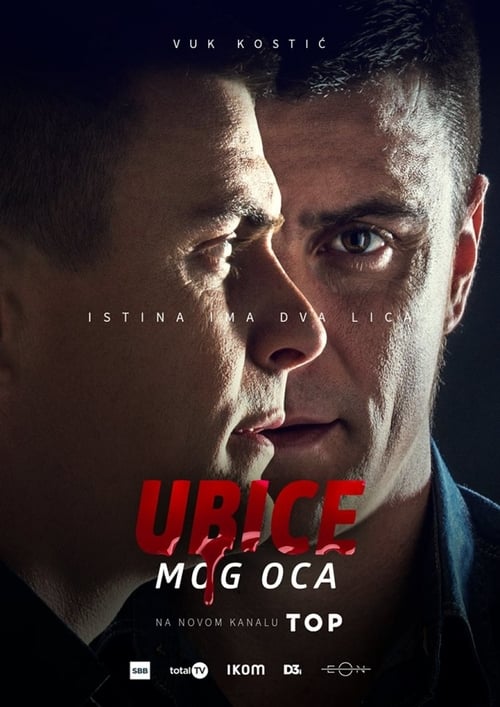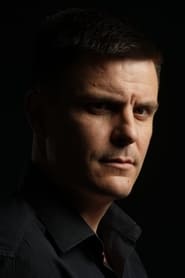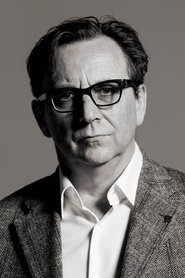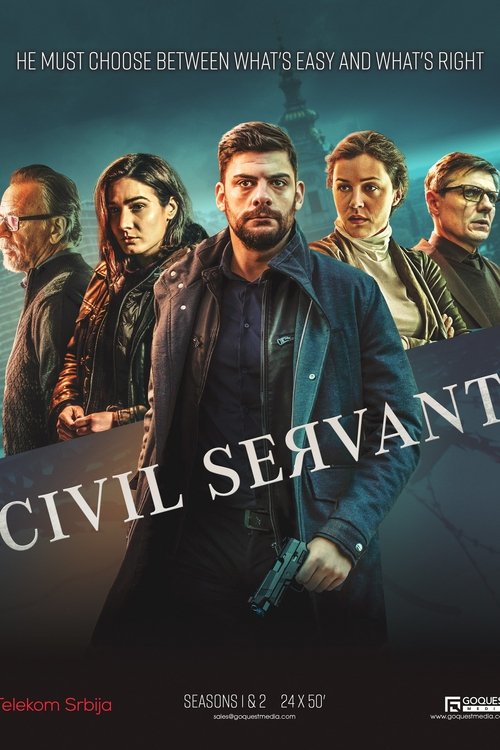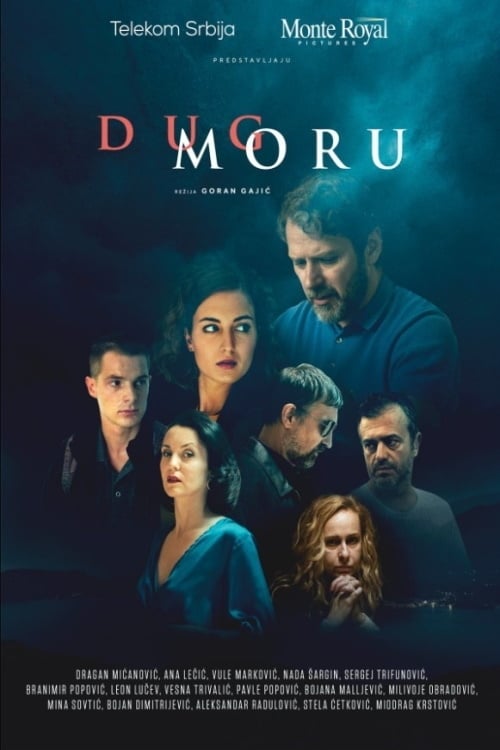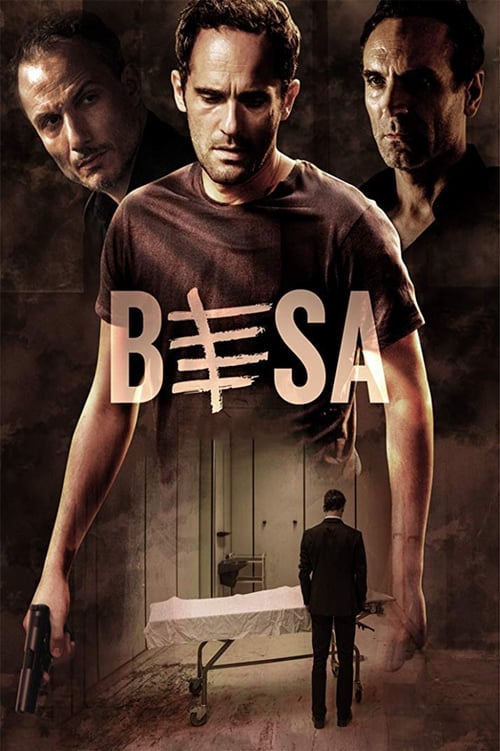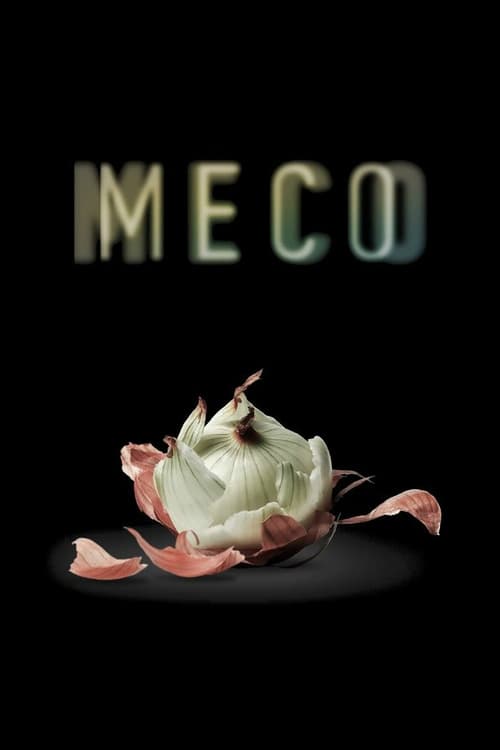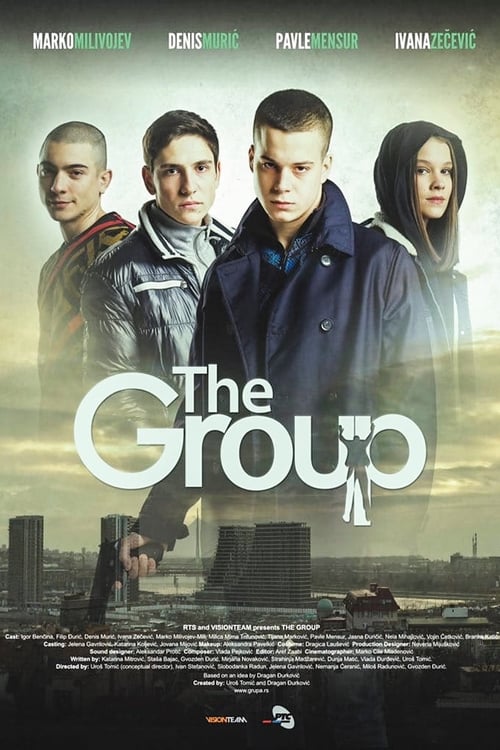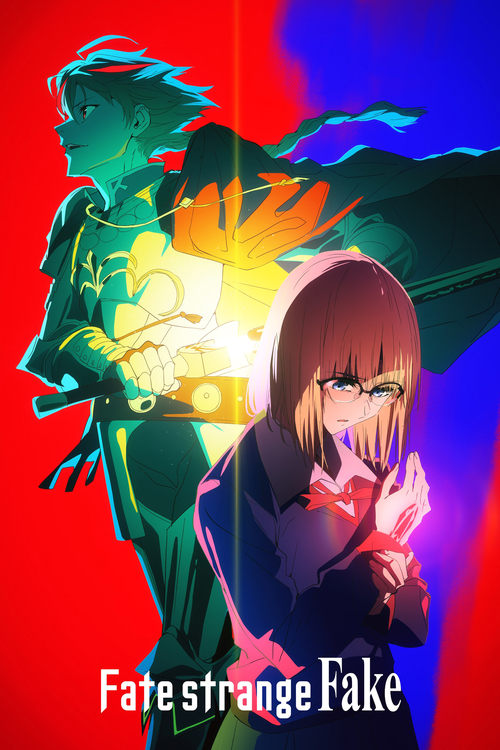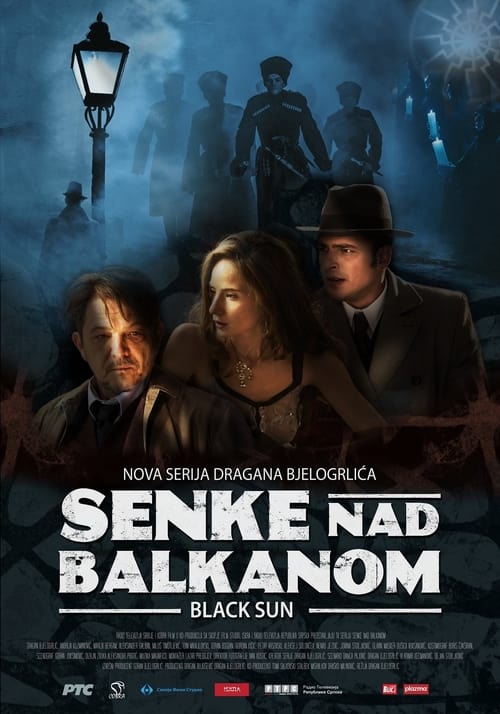
Ask Your Own Question
What is the plot?
The documentary "My Father's Murderers" begins with the introduction of the central figure, the filmmaker, who is also the son of a murder victim. He sets out on a personal journey to uncover the truth behind his father's death, which occurred when he was just a child. The film opens with archival footage of his father, interspersed with the son's emotional reflections on the impact of the murder on his life and family.
As the narrative unfolds, the son reveals that his father was killed in a violent crime that remains unsolved. He shares his memories of growing up without a father and the lingering questions that have haunted him throughout his life. This personal connection drives his determination to seek justice and closure. He begins to interview family members, friends, and acquaintances who knew his father, hoping to gather insights and clues about the circumstances surrounding the murder.
The filmmaker travels to various locations significant to his father's life, including the neighborhood where he grew up and the places he frequented. Each location evokes a strong emotional response, as he reflects on the life his father led and the relationships he had. During these interviews, he learns about the complexities of his father's character, revealing both the positive and negative aspects of his life. This exploration deepens the filmmaker's understanding of his father's struggles and the environment that may have contributed to his untimely death.
As the investigation progresses, the son uncovers a series of leads that point to potential suspects. He interviews individuals who were involved in the case at the time, including law enforcement officials and detectives. These conversations reveal the challenges faced by the police in solving the murder, including lack of evidence and witness reluctance to come forward. The filmmaker's frustration grows as he realizes the systemic issues that hinder justice.
In a pivotal moment, the son receives a tip from a source claiming to have information about the murderers. This leads him to a confrontation with a man who was allegedly involved in the crime. The tension escalates as the filmmaker presses for answers, but the man becomes defensive and evasive. This encounter highlights the danger and emotional turmoil the son faces as he delves deeper into the investigation.
The narrative takes a dramatic turn when the filmmaker discovers a connection between his father's murder and a larger criminal network. He learns about the involvement of organized crime in the area during the time of his father's death. This revelation adds a layer of complexity to the case, as it suggests that his father's murder may have been part of a broader pattern of violence and intimidation.
As the documentary progresses, the filmmaker grapples with the emotional weight of his findings. He reflects on the impact of his father's murder on his family and the unresolved grief that has lingered for decades. The emotional stakes rise as he confronts the possibility that he may never find closure or justice for his father's death.
In the climax of the film, the son organizes a meeting with key individuals who have information about the case. This gathering is fraught with tension, as he seeks to piece together the final details of his father's story. The discussions reveal conflicting accounts and hidden truths, leading to a deeper understanding of the circumstances surrounding the murder.
The film concludes with the filmmaker coming to terms with the unresolved nature of his father's murder. He reflects on the journey he has taken, the people he has met, and the emotional toll of seeking answers. While he may not have achieved the closure he sought, the experience has transformed his understanding of his father's life and legacy. The final scenes capture the filmmaker's emotional release as he acknowledges the complexity of grief and the enduring impact of his father's memory on his life.
More TV Shows Like This
Browse All TV Shows →What is the ending?
In the ending of "My Father's Murderers," the protagonist, who has been on a quest for justice and closure regarding his father's murder, confronts the realities of his father's past and the impact it has had on his own life. The film culminates in a powerful emotional resolution as he comes to terms with his father's legacy and the choices that led to his demise.
As the final scenes unfold, the protagonist stands at a crossroads, grappling with the weight of his father's actions and the cycle of violence that has ensnared their family. He ultimately decides to break free from the cycle, choosing forgiveness over vengeance. The film closes with a sense of hope, as he looks toward the future, ready to forge his own path.
The ending of "My Father's Murderers" begins with a tense atmosphere as the protagonist, a man deeply affected by the murder of his father, prepares for a confrontation that has been building throughout the narrative. The scene opens in a dimly lit room, where he sits alone, reflecting on the journey that has led him to this moment. The weight of his father's legacy hangs heavily on him, and the emotional turmoil is palpable. He recalls the stories of his father's life, the choices that led to his untimely death, and the impact those choices have had on his own existence.
As he gathers his thoughts, the camera pans to a series of photographs on the wall, depicting happier times with his father. This visual juxtaposition serves to highlight the stark contrast between the man he idolized and the reality of his father's actions that ultimately led to his murder. The protagonist's internal struggle is evident; he is torn between the desire for revenge against those who took his father from him and the need to understand the man behind the myth.
The scene shifts to a confrontation with one of the key figures involved in his father's murder. The setting is tense, filled with an air of unresolved conflict. The protagonist's heart races as he faces the individual who has haunted his thoughts for years. Words are exchanged, filled with anger and pain, as he demands answers. The camera captures the intensity of the moment, focusing on the protagonist's clenched fists and the fire in his eyes, revealing his deep-seated desire for justice.
As the confrontation escalates, the protagonist is faced with a choice: to succumb to the cycle of violence that has plagued his family or to seek a different path. In a moment of clarity, he realizes that vengeance will not bring his father back nor heal the wounds of the past. The emotional weight of this realization is captured in a close-up shot of his face, where tears begin to well up in his eyes, signifying a shift in his internal landscape.
In the following scene, the protagonist visits his father's grave, a serene yet somber location surrounded by trees. The sunlight filters through the leaves, casting a gentle glow on the headstone. Here, he speaks to his father, expressing his pain and confusion. He acknowledges the darkness of his father's choices but also the love he felt for him. This moment of vulnerability is pivotal; it marks the protagonist's acceptance of his father's flaws and his decision to break free from the cycle of hatred.
The film concludes with the protagonist walking away from the grave, a sense of peace beginning to wash over him. The camera follows him as he steps into the light, symbolizing hope and the possibility of a new beginning. He looks back one last time, a bittersweet smile on his face, indicating that while he cannot change the past, he is ready to embrace the future.
In the final moments, the protagonist's fate is one of liberation. He has chosen to forgive rather than to hate, allowing him to move forward with his life. The film closes on a hopeful note, suggesting that healing is possible even in the face of profound loss. The emotional journey he has undertaken serves as a testament to the resilience of the human spirit, leaving the audience with a sense of closure and the understanding that while the past cannot be changed, the future is still unwritten.
Is there a post-credit scene?
"My Father's Murderers," produced in 2016, does not feature a post-credit scene. The narrative concludes with a powerful resolution that encapsulates the emotional journey of the characters, particularly focusing on the protagonist's quest for truth and closure regarding the murder of his father. The final moments of the show emphasize the themes of justice and reconciliation, leaving viewers with a poignant sense of finality without any additional scenes after the credits.
Who is the main character seeking justice for their father's murder?
The main character is the son of the murder victim, who embarks on a quest to uncover the truth behind his father's death and seek justice for the crime.
What motivates the protagonist to investigate his father's murder?
The protagonist is driven by a deep sense of loss and a desire for closure, feeling a personal responsibility to uncover the truth and bring the murderers to justice.
What obstacles does the protagonist face during his investigation?
Throughout his investigation, the protagonist encounters various obstacles, including threats from those involved in the murder, a lack of cooperation from law enforcement, and emotional turmoil as he confronts painful memories.
How does the protagonist's relationship with his family evolve during the investigation?
As the protagonist delves deeper into the investigation, his relationship with his family becomes strained, revealing underlying tensions and differing views on how to handle the trauma of their father's murder.
What role do the murderers play in the protagonist's journey?
The murderers serve as both the antagonists and a source of motivation for the protagonist, representing the unresolved pain and injustice that he must confront in order to find peace and closure.
Is this family friendly?
"My Father's Murderers," produced in 2016, is a documentary series that delves into the emotional and psychological aftermath of a violent crime, specifically the murder of a father and the impact on his family. Given its subject matter, the series is not considered family-friendly.
Potentially objectionable or upsetting aspects include:
-
Graphic Descriptions of Violence: The series discusses the murder in detail, which may be distressing for younger viewers or sensitive individuals.
-
Emotional Trauma: The show explores deep emotional pain, grief, and trauma experienced by the family, which can be heavy and unsettling.
-
Confrontation with Criminal Justice: There are scenes depicting the family's interactions with law enforcement and the legal system, which may include discussions of crime and punishment that could be disturbing.
-
Personal Testimonies: Family members share their personal experiences and feelings about loss and betrayal, which can evoke strong emotional responses.
-
Themes of Revenge and Justice: The exploration of themes such as revenge and the quest for justice may be intense and provoke thought about morality and ethics.
Overall, the series is best suited for mature audiences who can handle its serious and often distressing themes.

